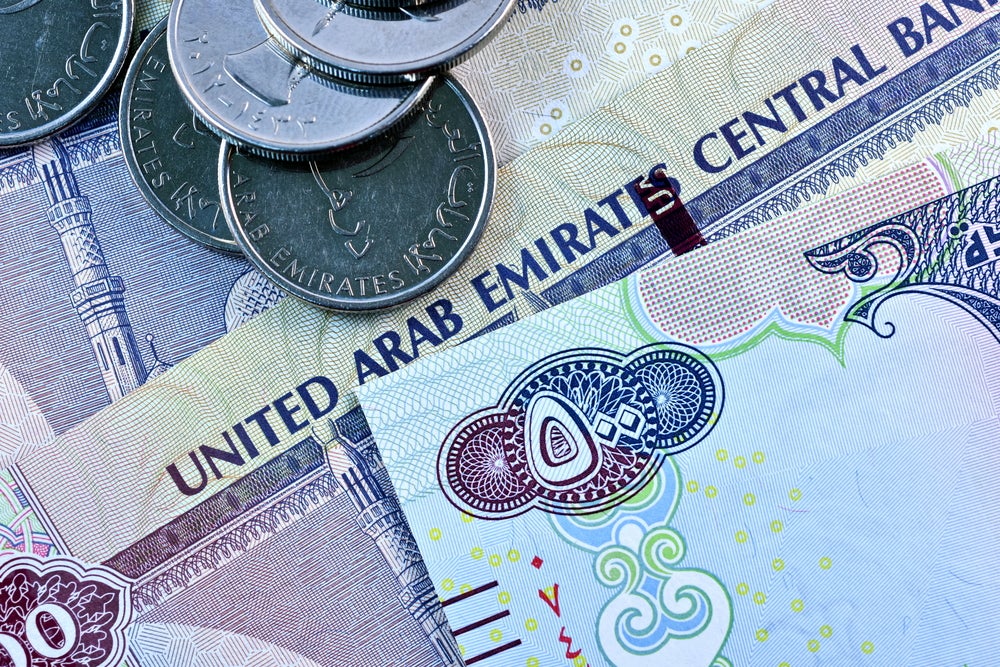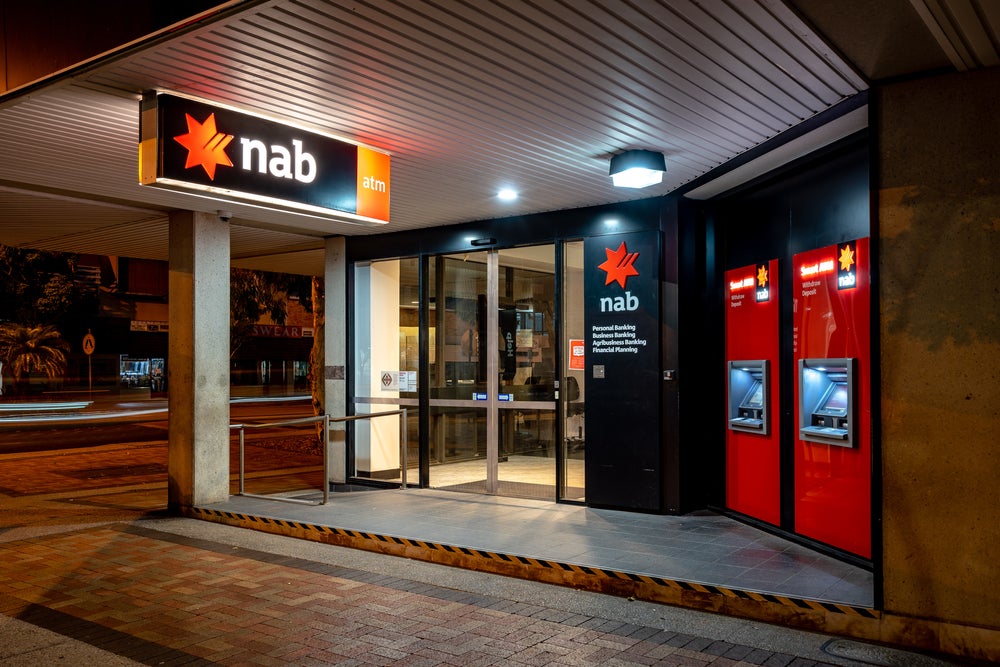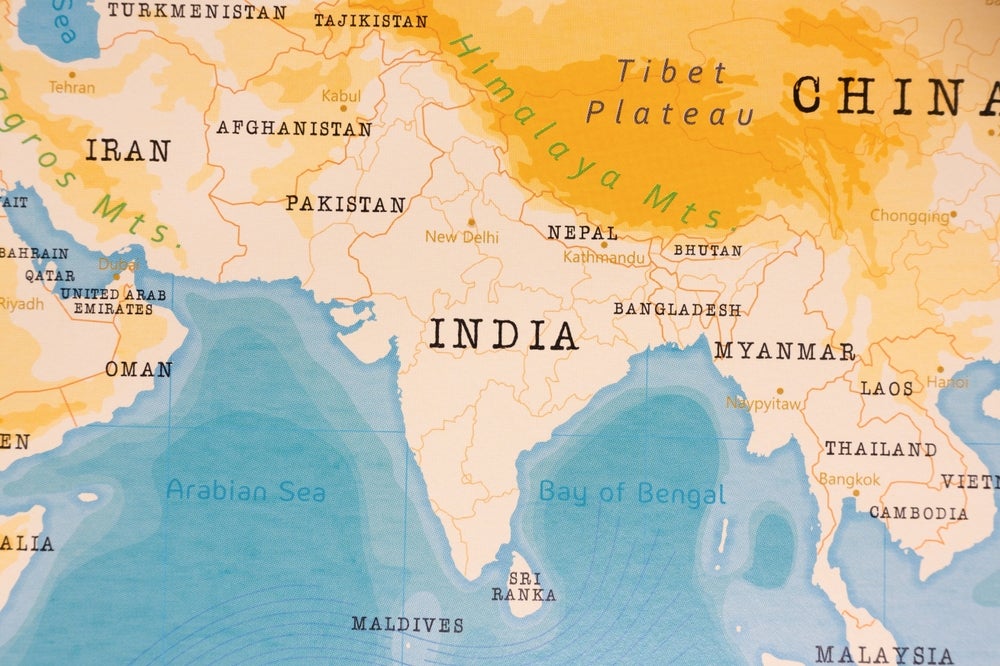The UAE is the next developing country to move ahead with the development and launch of a domestic card scheme (DCS), in a bid to accelerate the nation’s digitalisation, besides gaining strategic independence from the Western-controlled Visa and Mastercard duopoly.
The initiative is scheduled to launch early next year as part of the UAE’s 2023 Financial Infrastructure Transformation Programme, with the number of cash transactions in the UAE currently more than double that of card payments, according to GlobalData’s Payment Instrument Analytics. While this ratio is only expected to change slightly, GlobalData forecasts the value of card payments to overtake the value of cash transactions in the UAE by 2025.
Increasing national, regional sovereignty
Given the digitalisation agendas domestically, and the high strategic importance of the digital payments industry internationally, some of the largest countries of the Global South have already been developing and implementing national payment cards and solutions. The aim is to increase national and regional sovereignty, while gradually shifting away from their reliance on Western-owned international card schemes.
A notable example for this trend is the BRICS countries—Brazil, Russia, India, China, and South Africa—which are not only operating their own DCSs already (except for South Africa) but are also considering the issuance of a common currency, R5, as a substitute to the US dollar in international trade and transactions. While issuing a brand-new currency can prove quite complicated and lengthy, the de-dollarisation of the bloc will be unavoidable in the future, as BRICS nations have already been conducting trade transactions using the Chinese yuan, for instance.
GlobalData Payment Cards Analytics data
Following its success, Al Etihad Payments (subsidiary of the Central Bank of the UAE) partnered with India’s RuPay card scheme developer, NPCI International Payments Limited, for the launch of the UAE’s DCS. GlobalData’s Payment Cards Analytics reveals Russia’s Mir as another successful example from the bloc; not only has the number of domestic cards issued in Russia skyrocketed since its launch in 2015, but the payment system has overtaken both Visa and Mastercard for both the value and number of transactions last year, following the US providers’ departures due to geopolitical concerns.
Brazil’s Elo has gained some popularity since its launch in 2011 but is still significantly behind international competitors. While India’s RuPay cards are by far the most popular ones in circulation in the country, this DCS is also yet to catch up to the two main Western providers in terms of transaction volume and value, according to GlobalData’s Payment Cards Analytics.
How well do you really know your competitors?
Access the most comprehensive Company Profiles on the market, powered by GlobalData. Save hours of research. Gain competitive edge.

Thank you!
Your download email will arrive shortly
Not ready to buy yet? Download a free sample
We are confident about the unique quality of our Company Profiles. However, we want you to make the most beneficial decision for your business, so we offer a free sample that you can download by submitting the below form
By GlobalDataSouth Africa is likely to fall in line with the rest of the bloc and launch its own DCS in the near future. Having the best relations with the West out of the BRICS nations could be behind South Africa having had little urgency to develop an independent card scheme so far. Nonetheless, GlobalData’s Payment Instrument Analytics forecasts both the value and volume of card use to grow in the country by over 30% by 2027.
Blandina Hanna Szalay is an analyst in banking & payments, GlobalData









Related Company Profiles
Elo Group
Visa Inc
Mastercard Inc